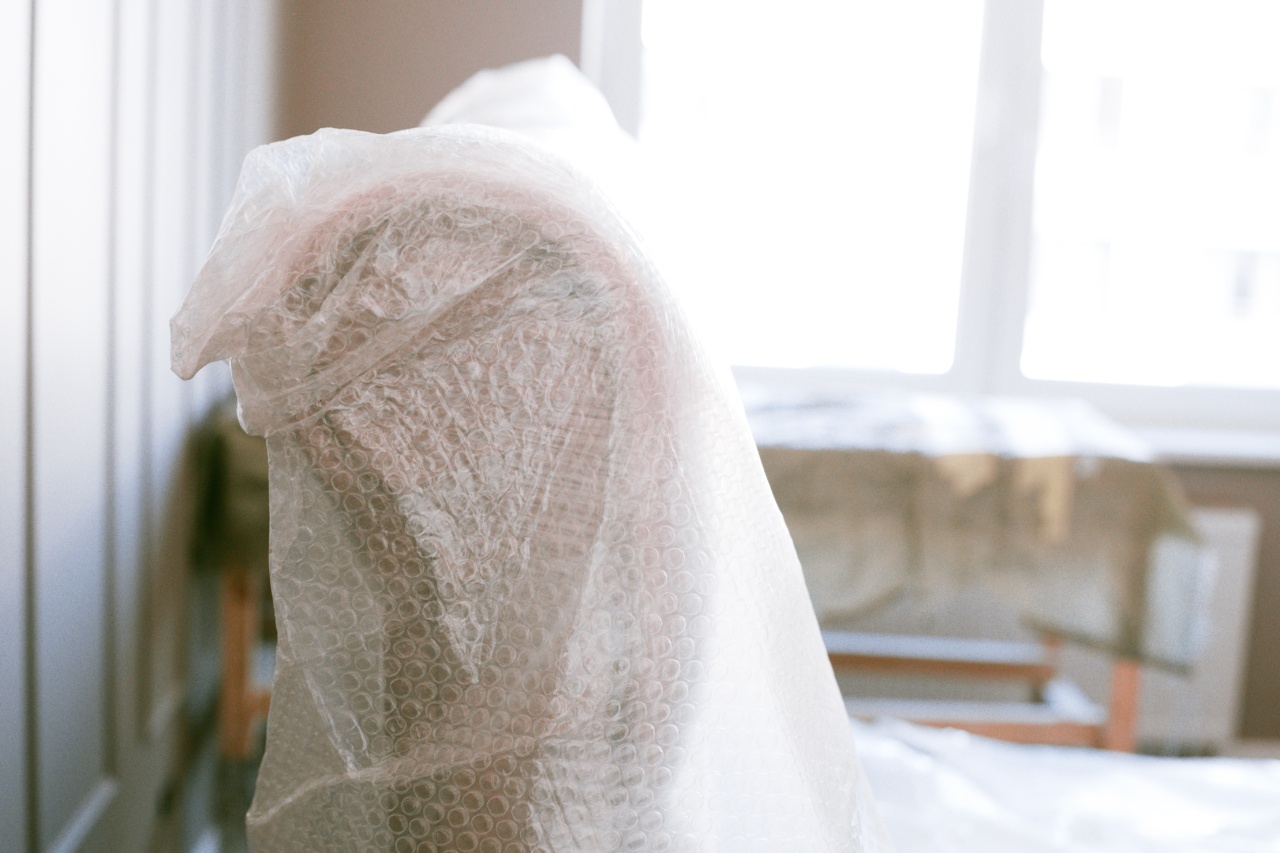Storms can wreak havoc on your property and it’s important to have insurance coverage in place to protect you against any damages. However, not all insurance policies cover all types of storm damage.
In this article, we’ll go over what’s typically covered and what’s not when it comes to protection against storms.
What’s typically covered?
Here are some common types of storm damage that are typically covered by insurance:.
Wind damage
Most insurance policies cover wind damage caused by storms, including tornadoes and hurricanes. This can include damage to your home or other structures on your property, like a garage or shed.
The amount of coverage you have will depend on your policy, so it’s important to review your coverage with your insurance agent.
Hail damage
Most insurance policies also cover damage caused by hail storms. This can include damage to your roof, siding, windows, and other parts of your home or property. Again, the amount of coverage you have will depend on your policy.
Lightning strikes
If your home is struck by lightning during a storm, your insurance policy may cover the resulting damages. This can include damage to your home’s electrical system, appliances, and electronics that are connected to it.
Flooding
Flooding caused by storms is generally not covered by standard homeowners insurance policies. If you live in an area prone to flooding, you may need to purchase a separate flood insurance policy to protect your property.
What’s not typically covered?
Here are some types of storm damage that are typically not covered by insurance:.
Wind-driven rain
If your home has water damage caused by wind-driven rain during a storm, it may not be covered by your insurance policy.
This is because this type of damage is usually considered to be caused by a lack of maintenance or wear and tear on your home’s roof or siding, rather than a direct result of the storm itself.
Sewer backup
If your home has a sewer backup during or after a storm, it may not be covered by your insurance policy.
This type of damage is usually not covered by standard homeowners insurance, and you may need to purchase a separate policy to protect your property.
Earthquakes
Earthquakes are not typically covered by standard homeowners insurance policies. If you live in an area prone to earthquakes, you may need to purchase a separate earthquake insurance policy to protect your property.
Mold damage
If your home has mold damage as a result of a storm, it may not be covered by your insurance policy. This can be a tricky area as mold can be caused by both the storm and the subsequent moisture buildup, which means your claim may be denied.
It’s important to review your policy and speak to your insurance company to understand your coverage.
Conclusion
Protecting your property against storm damage is important, and having the right insurance coverage can provide peace of mind.
However, it’s important to understand what’s covered and what’s not when it comes to storm damage and insurance. Review your policy with your insurance agent and ask questions to ensure you have the right coverage for your needs.





















